Find Information About a Website: A 'Why and How' Guide
One of the major factors that help SaaS businesses thrive is, understanding the website details of competitors. The Internet has given us all a profound way to analyze potential competitors. Website details help us understand their business plans and how their business functions. As the internet keeps growing, swallowing more and more data that people feed it, the need to find information about a website becomes highly crucial for various reasons. For businesses, marketers, researchers, and even casual users, who do not belong to the business domain, striping a website’s information helps make sensible and marketable decisions. It also helps to assess credibility and improves user experience. In this article, we will understand the need to find information about a website and how to use this information to enhance your productivity.
Why do you need Website Details?
As a website user
Evaluating Credibility and Reliability
Did we mention already that Tom, Dick, and Harry have websites today? Yes! And when they pump websites with data, sometimes reliability might leave the room. That is why, as users, we must ensure the credibility of a website. One can check the site’s background, ownership information, author credentials, and content quality to ensure the validity of the information presented. In exploring ways to evaluate a website's credibility and reliability, checking the safety of embedded links is crucial. Tools like the Bitdefender URL checker can help users quickly determine if a URL poses any potential risks. By employing such tools, you can ensure that your information sources are both safe and trustworthy. Being a responsible user not only benefits the person but also prevents the spreading of misinformation. Thus, users can identify credible sources for both personal and professional needs.
Competitive Analysis and Market Research
We mentioned this use case right away in the introduction part, and we are reaffirming it with an explanation now. Businesses and marketers can gain valuable insights and understand how their competitive landscape works.
Think of a situation where your competitor has launched a new marketing strategy to arrest the attention of the customers. What would he do to amass more people? He would obviously resort to the internet as that is where the news spreads like wildfire. But that way, he doesn’t just give information to his customers but also his competitors. Using this, you can refine your strategies, make better plans, and maybe put that on the internet too?! We know what you are thinking. The Internet is a vicious circle! 😉
So anyways, market research that includes website analysis can be a powerful tool for identifying opportunities and staying ahead of the competition.
On the flip side, if you are a website owner
Improving user experience and accessibility:
If you own a website, it goes without saying that you will be looking for ways to create a user-friendly website. A website, though it should be specific to its targeted audience, will gain more attention when it caters to the needs of a diverse audience. It’s the same case with a developer. A developer would also what to design a website that is relatable to a wide range of visitors. When they know how others have built a website, they will naturally be able to work better. It can also help in identifying areas of improvement and optimization. You can also create an inclusive website, a site that helps even people with disabilities to gain the maximum out of it. So clearly refining website information can help businesses foster positive and satisfactory user experience leading to better user engagement.
Score better in SEO and Digital Marketing
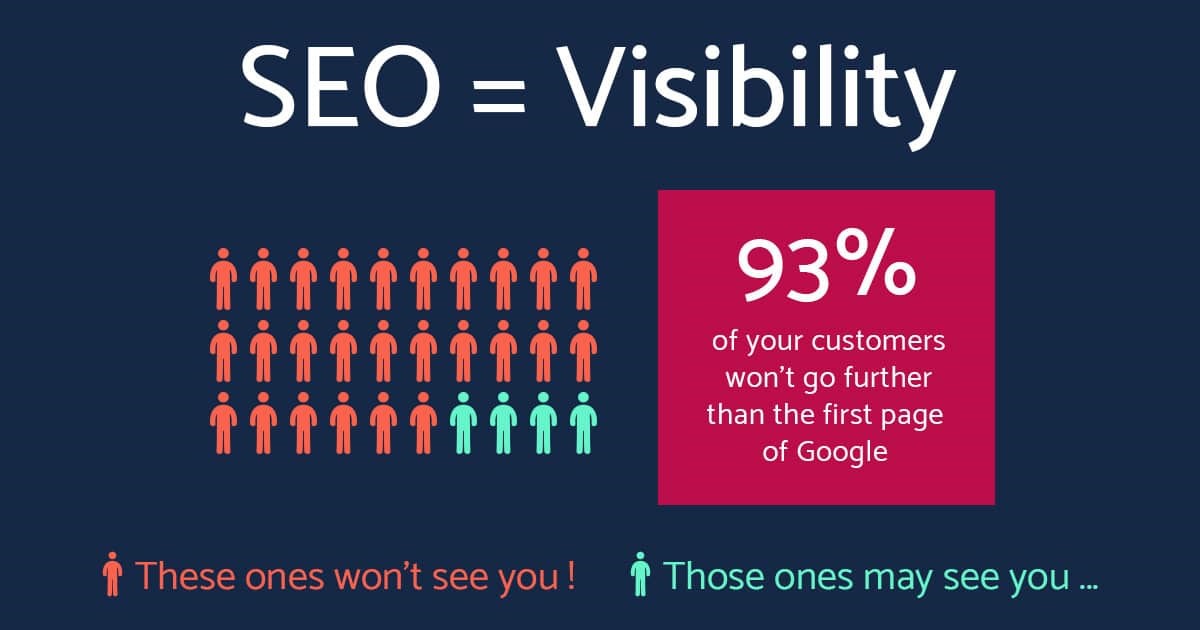
If you are a website owner, SEO is either your friend or foe by now. You are either relishing the joy of good SERPs or dreading the idea of ranking. Understanding the nuances of website details can give you a helping hand here. Website details, such as keywords, meta tags, backlinks, and content quality, can refine the SEO of your website, increasing online visibility and attracting organic traffic. In fact, consistent link acquisition plays an important role in strengthening your backlink profile and boosting overall authority in search engines. Focusing on local SEO for businesses can significantly impact foot traffic and conversions for brick-and-mortar stores.
Furthermore, tracking performance and user engagement metrics can help marketers refine digital marketing strategies, content creation, social media campaigns, and paid advertising. Additionally, leveraging competitor backlink analysis will help you define new link-building opportunities, enhancing your overall SEO efforts.
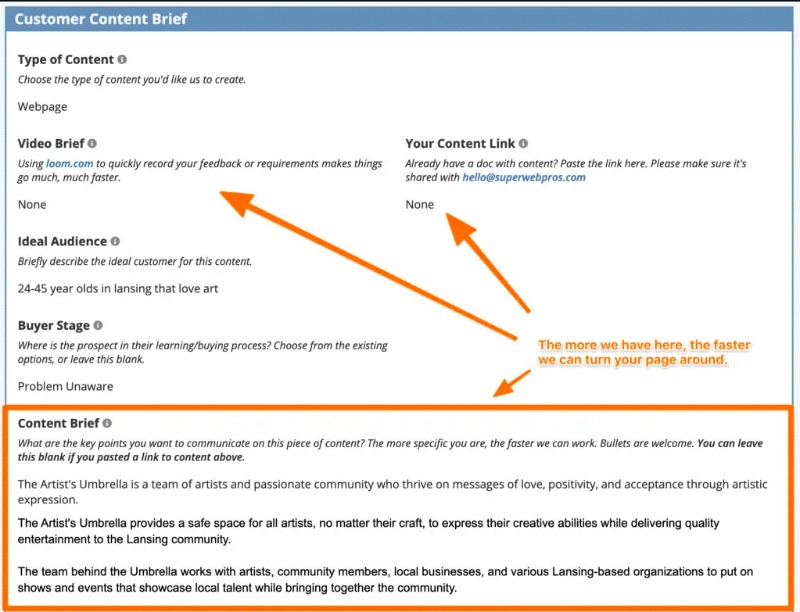
Check out this video to understand SEO in simple terms
Keeping Intellectual Property and Legalities Intact
The content that is published on the website has a major role to play. Monitoring website content for plagiarism, unauthorized use of copyrighted material, and trademark violations is essential to safeguard the intellectual property of a business. Additionally, extracting legal documents and privacy policies from websites can help ensure adherence to data protection regulations and prevent potential legal issues.
Now that we have a clear understanding of some of the obvious reasons why we need website information, it is time to understand how to seek them.
Ways to obtain website information
Gaining insights about the technical know-how to find information about a website can be a valuable skill, regardless of whether or not you are a business owner. However, with a gazillion of websites up on the internet, it can be challenging to determine a particular site’s reliability, ownership, author authority, and purpose. Here are some of the no-brainer methods that can provide you with ample data real quick.
The Website Itself
The first step in finding information about the website is to explore the site itself. Webpages such as “About Us," "Mission," "History," or "FAQs" often provide us with information about the purpose of the organization and the individuals behind it. Evaluate the content quality by ensuring the data is up-to-date, thoroughly researched, and supported by reputed sources. Check for people’s feedback or comments about the organization or its people. You can also try to find information about the author to ensure expertise and authority.
For instance, take a look at this:
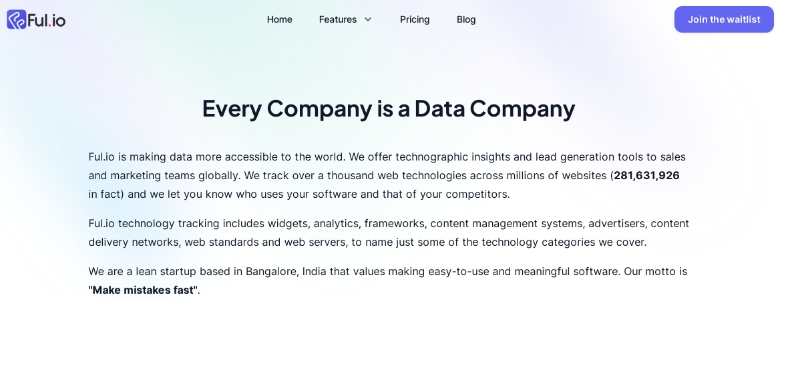
Want to know how a website looked a decade ago? Check out our blog post on Tools to View Historical Data
Website design
The quality of the website can be analyzed by its design and structure too. A well-built website tells for itself the quality of the information it holds. A professional-looking, user-friendly design can be an indicator of a reliable website. Investing in such a design should be a key component of your SaaS marketing budget.
Make sure the content is not spammy or clickbait-y. However, keep in mind that mere judgment based on appearances can be deceptive. Scammers can also design fake websites with professionalism to create a false sense of credibility. Make sure the website is active and has people talking about it.
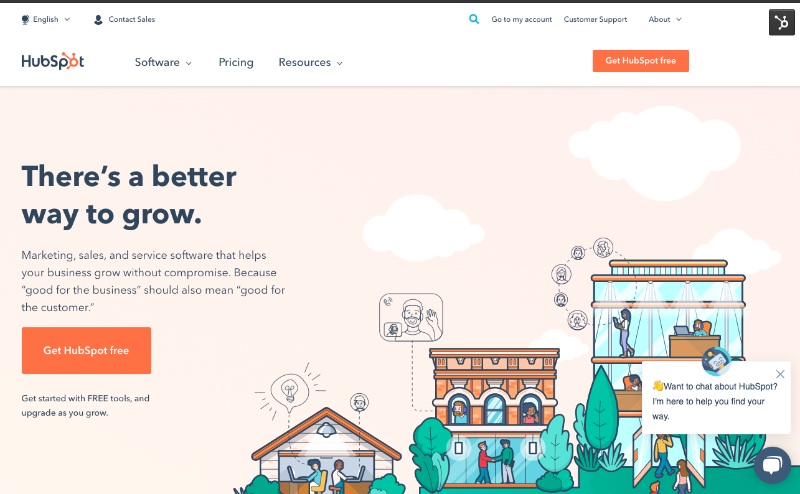
Domain Name
A domain name is also a means to understand the credibility of a website. Extensions that belong to the TLD (Top Level Domain) category are the ones that are popular by age and quality. They have wide usage and an established status quo. Domain extensions help us understand the nature of the organization. For instance, .edu is often used by educational institutions, .gov by government websites, and .org by non-profit organizations. If it is a brandable domain name, like IKEA or Apple, it indicates reputation and belongingness to a particular entity. Likewise, country code (like .au or .uk) indicates that a website targets a specific geographic audience, and the website data and its relevance to different users might change. Also, when it comes to domain names, the shorter the better. Longer ones, also ones with unnecessary prefixes/suffixes, could be a red flag indicating the duplication of a well-known entity/website. While .com extensions can also represent reputable sources, be cautious as their primary purpose might be to sell products or services.
amazon.in
twitter.com
airbnb.co.in
wikipedia.org
Using WHOIS Lookup Tools
Another quick and go-to option can be to use the WHOIS lookup tools such as ICANN WHOIS or DomainTools. Such tools allow the user to find information about the website, such as the website’s ownership, registration, and contact details. It gives access to the public records about the registrant, including their name, email, and phone number. A valid ID and a phone number help us reach out to a specific person or business and ensure the authenticity of their business and existence in the context of our AI business plan.
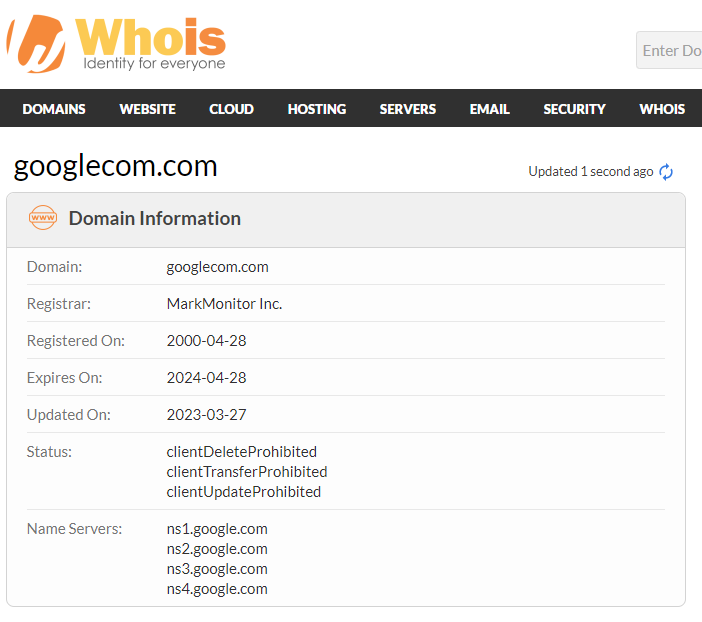
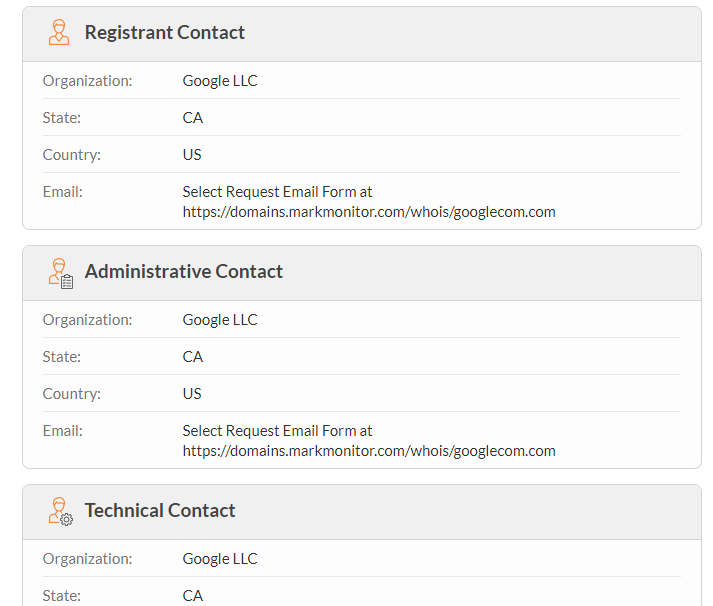
Watch this video to know how to use the WHOIS lookup tools
Author and Organization
Go the extra mile and check for the organization's social media accounts. If the author is identifiable, do the same. It gives more background information and also how legit a particular website and its maker are. Gauge the reliability of the information on the website by considering the credentials and expertise of the author and the organization. Earnestly exploring the internet a bit can do you a lot of good. This can seem simple and obvious, but following it like a ritual will save you from nasty pitfalls.
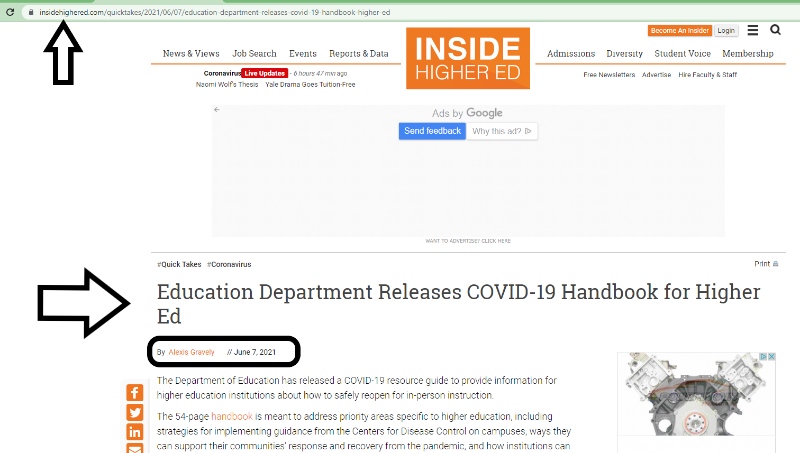

Website Traffic and Ranking Tools
Tools like Alexa or SimilarWeb help the user leverage a website's traffic, popularity, and ranking aspects. Although, one cannot use this as a yardstick to guarantee a hundred percent reliability or authenticity. However, given the data these tools provide, It can be a useful indicator to understand the overall reputation of a website.
As you can see, we have used the SimilarWeb tool to understand the credibility of a popular web page. Nationalgeographic.org, and the results are as below:
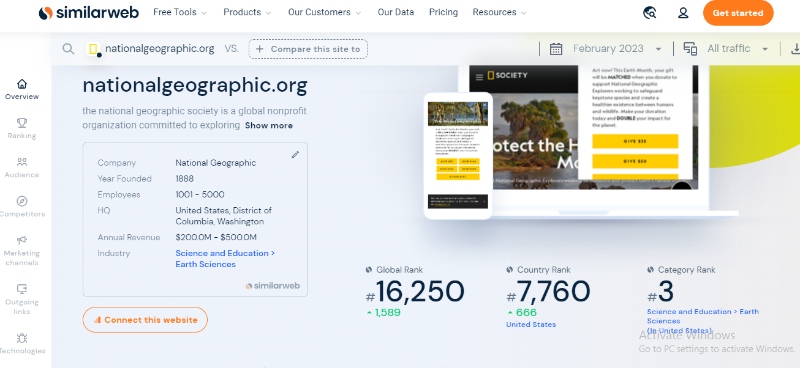
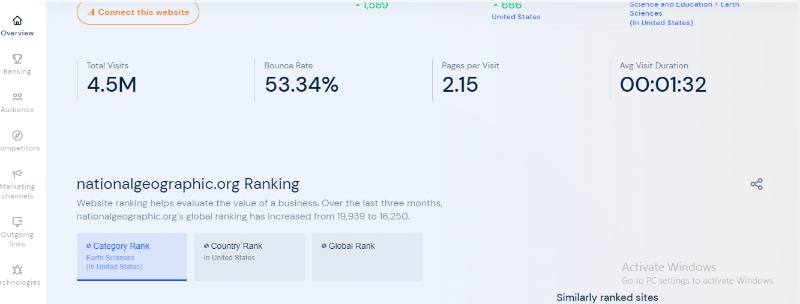
To understand more about Best Web Analytics Tools, check out
Fact-Checking Websites
We cannot say enough about how fact-checking is becoming increasingly important these days. With the advent of AI, generating content happens at the drop of a hat. We are not against auto-generated content, but news articles like these do send a strong message.
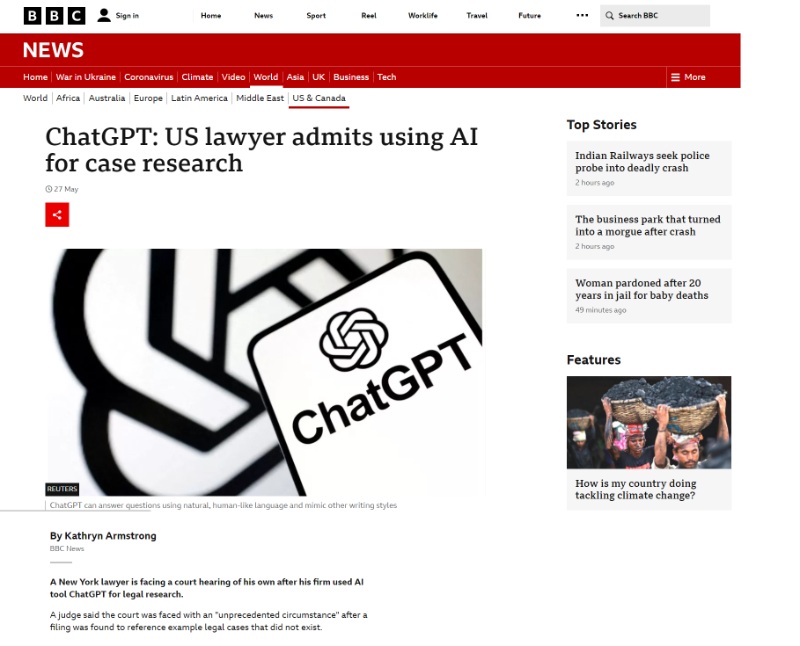
Websites can be overflowing with such lethargically generated data. One can make use of fact-checking websites like Snopes, FactCheck, or PolitiFact that help us verify the accuracy of the information given on the website. These resources are helpful, especially while assessing the credibility of news articles and controversial claims.
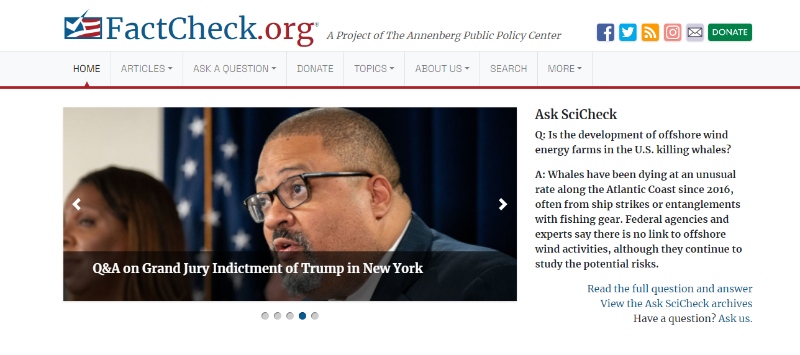
Check what people say
Online platforms, forums, and communities create space for users to share their experiences, such as those related to purchasing diamond rings. These experiences pave the way for healthy discussions about a website.
. BuiltWith provides us with tools that can help you with the same. Their Social API tool can find the existence of the keyword you search for in various social networking platforms, where you can easily see what people say about it.
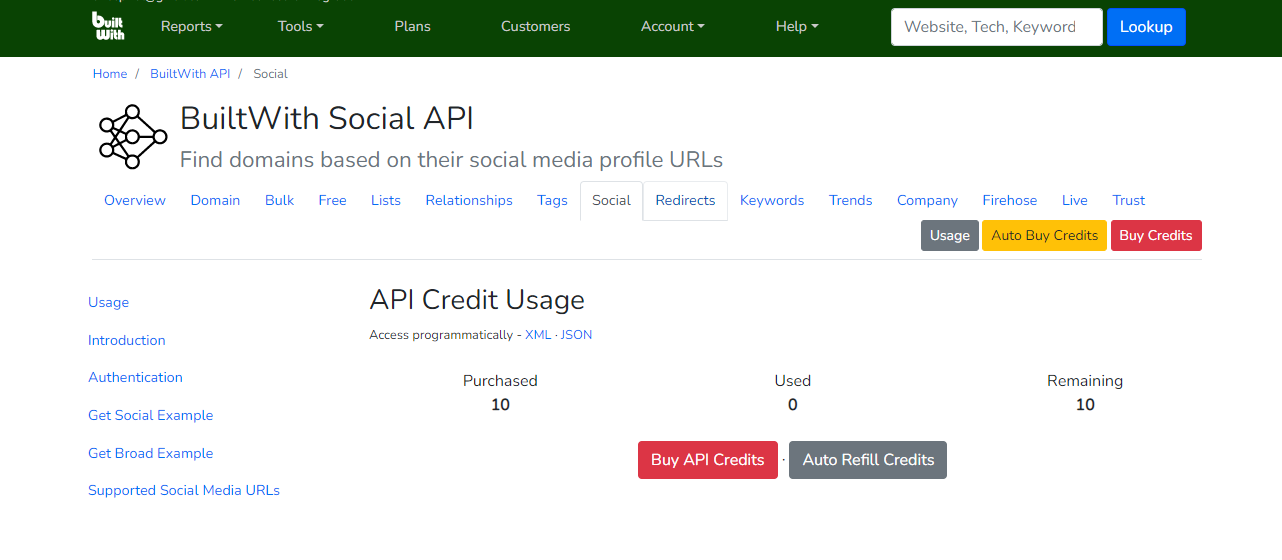
Utilizing Technographic Tools
There is also a high-end alternative to the above methods: data scrapping. Nevertheless, it requires technical expertise that not many can afford. This is where tools like BuiltWith and Wappalyzer Wappalyzer come. These tools help you uncover the website details of how a website was built and what the owners use to maintain a flawless user experience. Technographic information can offer insights into a website's performance, security, and infrastructure. If you think BuiltWith can cost you an arm and a leg, you can check out a pocket-friendly alternative, Ful.io, for similar services.
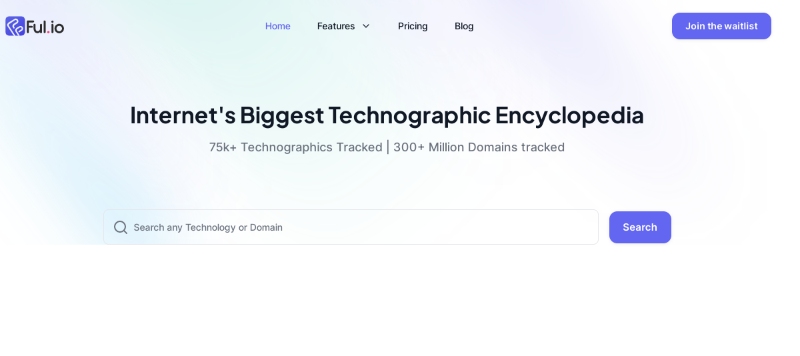
See more than you can!
I guess we have made it crystal clear as to how important website information is and the ways to extract it. As you can see, website details have to potential to cater never-before -known facts that can switch the trajectory of your business to a higher level. Now that you know how to find the information about the website, go ahead and lead the world!